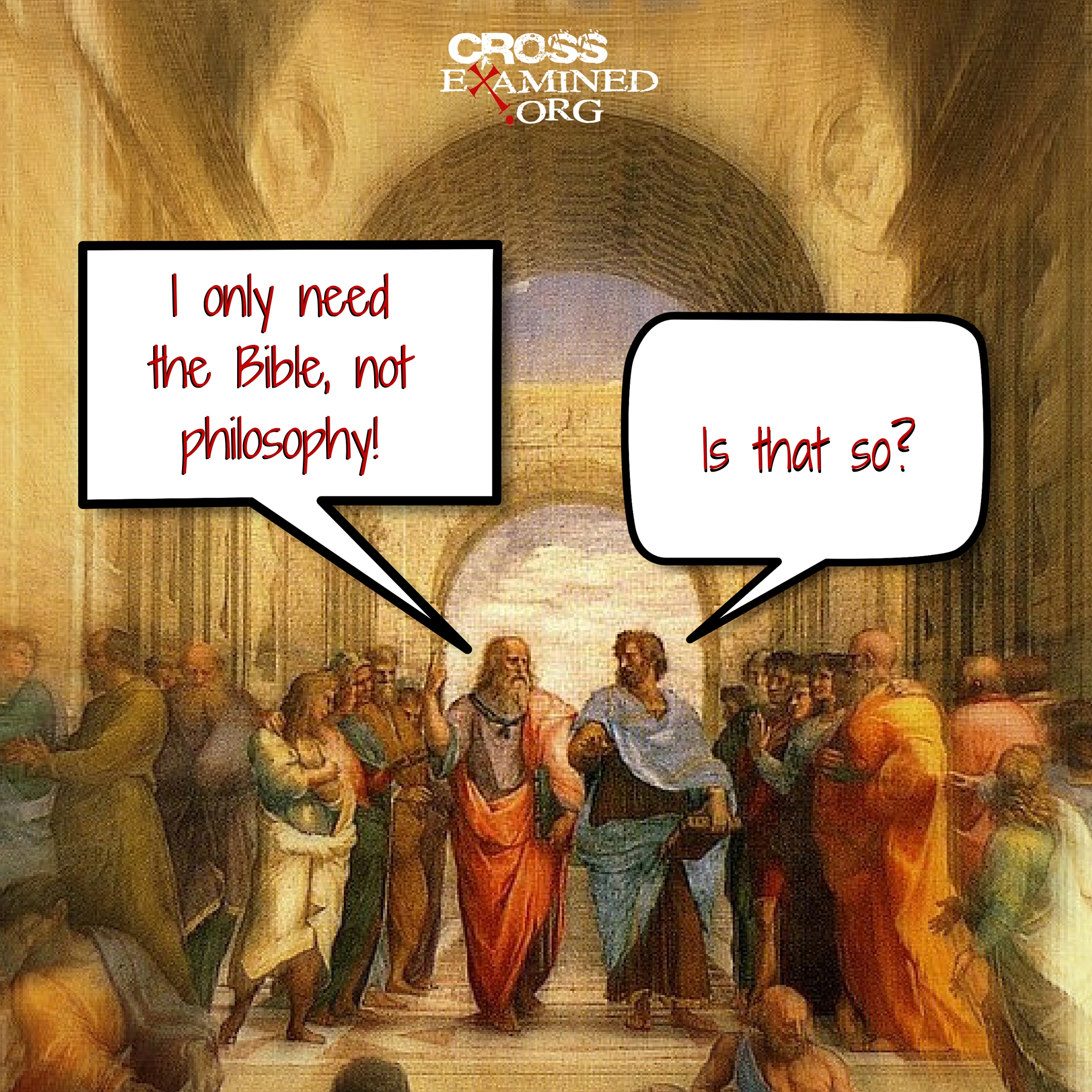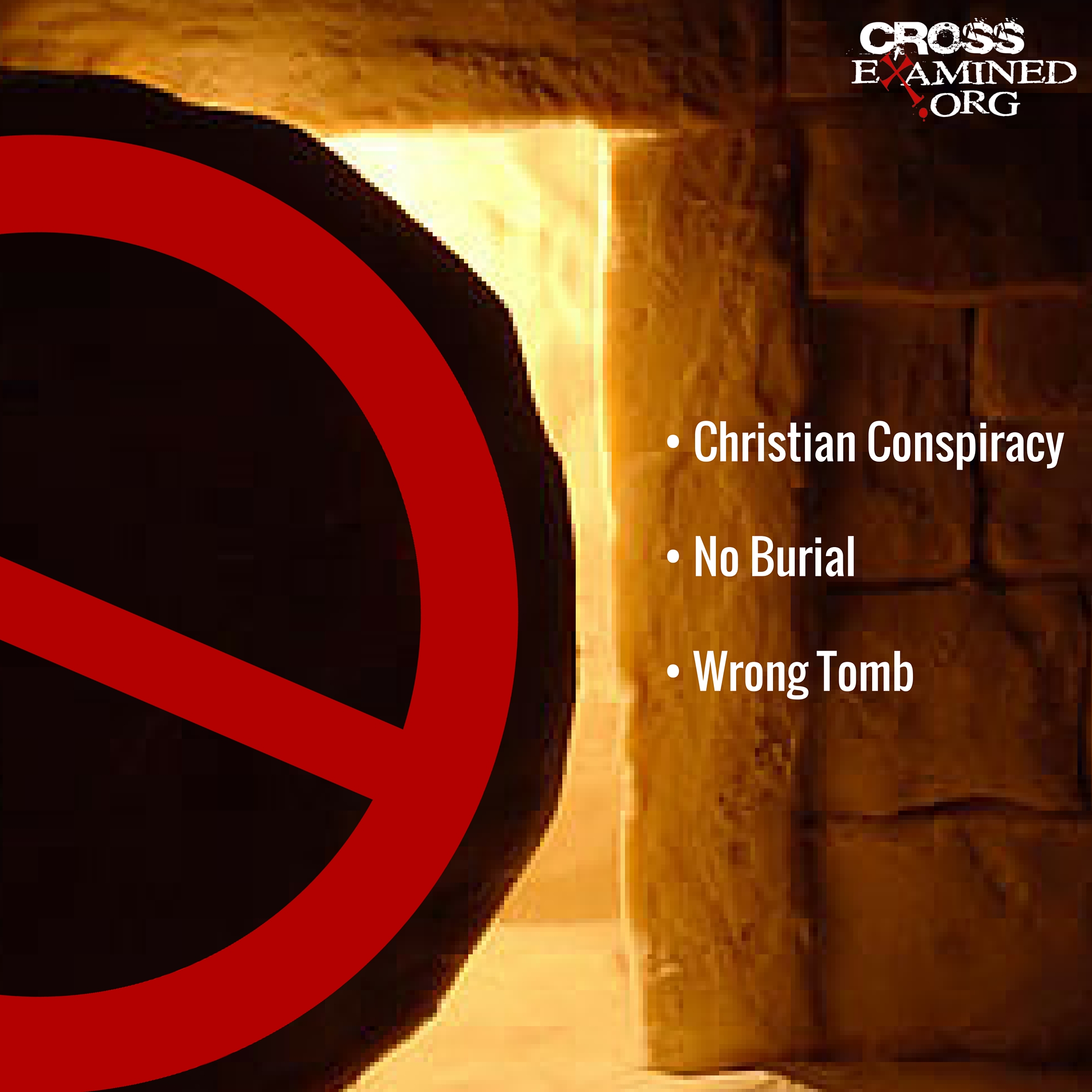The Wisdom Chronicle
The Wisdom Chronicle is designed to bring nuggets of wisdom from the dozens of books I read every year. I endeavor to share the best of what I have gleaned. The determination of relevance lies with you. Blessings, J. Whiddon
- EVOLUTION IN SCHOOLS “This is the State of California’s guidelines for teaching evolution in the public schools. You can pick this up in any elementary, junior high, or high school principal’s office anywhere in the state of California. Here is what it says:
“At times, some students may insist that certain conclusions of science cannot be true because of certain religious or philosophical beliefs they hold. It is appropriate, if that happens, for the teacher to express the following: “I understand you may have personal reservations about accepting the scientific evidence, but it is scientific knowledge about which there is no reasonable doubt amongst scientists in their field, and it is my responsibility to teach it because it is part of our common intellectual heritage.”
When the average Christian reads this, he or she walks away thinking that the primary matter of concern is the statement about creation and evolution. However, the key issue is not about creation/evolution. It is about the view of knowledge, specifically, the limitation of knowledge to the hard sciences.
Observe the descriptors used of science: “scientific evidence,” “scientific knowledge,” “no reasonable doubt,” “common intellectual heritage.”
Contrast these descriptors with the descriptors used for a religious claim: “personal reservation,” “beliefs they hold.” It is easy to see the difference between the way science is being conveyed here as a source of knowledge, and Christianity and religious claims, which are a source of “personal reservation,” “personal feeling.”
Excerpt From: Moreland, J.P. “Love Your God with All Your Mind.”
- FREEDOM “Of all times, times of dominance are the most dangerous in which to be complacent about freedom, for in the life cycle of great powers only one thing finally follows dominance: decline. Dominance eventually leads to decline as surely as day ends in night. Thus dominance is precisely the time to think through whether a free people can remain free forever, why the founding generation dared to believe in such a history-defying feat and what the present generation is doing today to ensure that they play their part in this magnificent venture.
There are three tasks in establishing a free society that hopes to remain free—winning freedom, ordering freedom and sustaining freedom—and each was a prominent consideration to the American founders. Yet such a simple statement is beguiling, and masks a myriad of deeper issues, beginning with the sad fact that as time goes by, free people take freedom more and more for granted. Then, as they progress from the first task to the second and third, they increasingly relax, even though the last task raises the stiffest challenge of all, a challenge that stares every generation of free people in the eye: Are we sustaining the freedom of which we are fortunate to be heirs?”
Excerpt From: Guinness, Os. “A Free People’s Suicide.”
- REALITY “We habitually think of the visible world as real and doubt the reality of any other. We do not deny the existence of the spiritual world but we doubt that it is real in the accepted meaning of the word.
The world of sense intrudes upon our attention day and night for the whole of our lifetime. It is clamorous, insistent and self-demonstrating. It does not appeal to our faith; it is here, assaulting our five senses, demanding to be accepted as real and final. But sin has so clouded the lenses of our hearts that we cannot see that other reality, the City of God, shining around us. The world of sense triumphs. The visible becomes the enemy of the invisible; the temporal, of the eternal. That is the curse inherited by every member of Adam’s tragic race.
At the root of the Christian life lies belief in the invisible. The object of the Christian’s faith is unseen reality.
We must shift our interest from the seen to the unseen.
Excerpt From: A. W. Tozer. “The Pursuit of God.”
- STILL NEARER “To speak of being near to or far from God is to use language in a sense always understood when applied to our ordinary human relationships. A man may say, “I feel that my son is coming nearer to me as he gets older,” and yet that son has lived by his father’s side since he was born and has never been away from home more than a day or so in his entire life. What then can the father mean? Obviously he is speaking of experience . He means that the boy is coming to know him more intimately and with deeper understanding, that the barriers of thought and feeling between the two are disappearing, that father and son are becoming more closely united in mind and heart.
Why do some persons “find” God in a way that others do not? Why does God manifest His Presence to some and let multitudes of others struggle along in the half-light of imperfect Christian experience? Of course the will of God is the same for all. He has no favorites within His household. All He has ever done for any of His children He will do for all of His children. The difference lies not with God but with us.”
Excerpt From: A. W. Tozer. “The Pursuit of God.”
- BOW “It’s in the context of pressure and adversity that we can learn to rely on God. When we are weak in the knees, it’s an invitation to get on our knees and tap into a strength beyond ourselves.” –C. Seidman
- ADMIT MISTAKES “Nikita Khrushchev and President Kennedy were having a vigorous exchange of strong opinions. Finally, Kennedy asked Khrushchev, “Do you ever admit a mistake?” The Soviet Premier responded, “Certainly I do. In a speech before the Twentieth Party Congress, I admitted all of Stalin’s mistakes.”
Excerpt From: Hodgin, Michael. “1001 Humorous Illustrations for Public Speaking.”
- “ICING ON THE KICK”? “Simply put, we found that icing (calling a timeout out just before the kick) made no difference whatsoever to the success of those kicks. NFL kickers being iced are successful from the same distance at exactly the same rate as kickers who are not iced.”
Excerpt From: Tobias Moskowitz & L. Jon Wertheim. “Scorecasting.”
- JUSTICE “I have never understood how a good secular individual can avoid debilitating despair. To care about goodness, yet to witness the unbearable torments of the good and the innocent, and to see many of the evil go unpunished—all the while believing that this life is all there is, that we are alone in a universe that hears no child’s cry and sees no person’s tears—has to be a recipe for despair. I would be overwhelmed with sadness if I did not believe that there is a good God who somehow—in this life or an afterlife—ensures that justice prevails.”
Excerpt From: Prager, Dennis. “Think a Second Time.”
- CUP OF JOE! “A 2005 report by Austrian researchers revealed that the caffeine in coffee, tea, certain soft drinks, and chocolate stimulates areas of the brain that control short-term memory and attention. The functional MRI (magnetic resonance imaging) scans done on patients in this study showed that two cups of coffee increased activity in the memory and attention-controlling areas of the brain. The participants in the study also improved their performance in remembering a sequence of letters after they consumed 100 milligrams of caffeine (the equivalent of about one cup of coffee).
Recent scientific research has also suggested that coffee may be healthy in other ways, which we might not have expected. For example, a 2005 investigation in the Journal of the American Medical Association found that habitual coffee consumption is associated with a “substantially lower risk of type 2 diabetes”—i.e., the “adult onset” type of the disease. Other studies have shown that coffee drinking may decrease the risk of cirrhosis of the liver and liver cancer.
There are also investigations indicating that the risk of cardiovascular disease decreases with coffee consumption. Research involving evaluation of more than 27,000 women, age fifty-five to sixty-nine, reported that women who drank one to three cups of coffee per day enjoyed a 24 percent reduction in their risk of cardiovascular disease, compared with noncoffee drinkers.”
Excerpt From: Kenneth Cooper, M.D., MPH & Tyler Cooper, M.D., MPH. “Start Strong, Finish Strong.”
- OUR BODIES “Your bodies are a part of Christ’s purchase, as well as your souls (1 Corinthians 6:19). They are committed to the charge and tutelage of angels (Hebrews 1:14), who have performed many services for them. They are dedicated by yourselves to the Lord, and that upon the highest account (Romans 12:1). They have already been the subjects of many mercies in this world (Psalm 35:10), and shall partake of singular glory and happiness in the world to come (Philippians 3:21). And shall they not then be employed, yea, cheerfully worn out, in His service? How reasonable it is they should be so! Why are they so tenderly preserved by God, if they must not be used for God?”
Excerpt From: Flavel, John. “The Mystery of Providence.”




Leave a Reply
Want to join the discussion?Feel free to contribute!